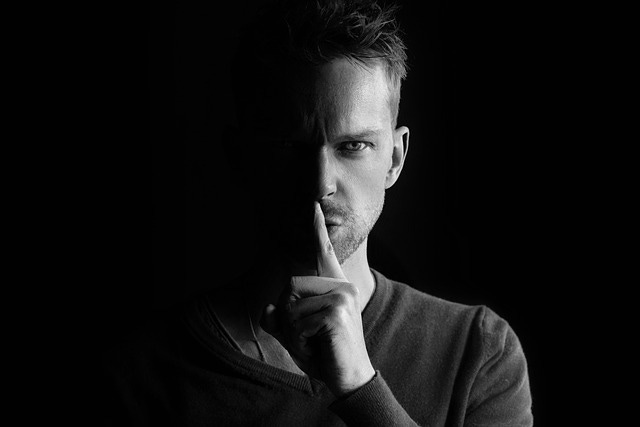“Writers should not attack their peers.”
That’s what a famous author I deeply admired told me near the start of my career, and what he meant was personal attacks. He’d made that mistake and it launched a feud that lasted years.
I’ve been careful in my career not say much in public when fans ask me what I think about fellow authors if they’re not among my favorites. If I do express an opinion, I keep the comments to something technical. So I might focus on their most recent book and say I wasn’t convinced by the point of view if that’s one of the problems I saw, of course. I don’t make things up and I keep things civil.
Even after a reading at a reception or a restaurant when things are more relaxed, I’m cautious, because whatever you say may travel much further than you expect and end up making you look bad. What you say can also end up on social media in seconds—and soon afterwards with an obnoxious sound track. That’s what my mentor was trying to explain to me well before X/Twitter et al. created firestorms. He regretted disparaging another author personally because it made him look bad and they became enemies. For decades.
I saw something similar happen in my own career, though without the feud. A celebrated American author I’d never met and who had never insulted me in the U.S. apparently decided to mock me personally in an interview in a foreign magazine when he was on tour in Europe. He didn’t know the freelancer he was talking to was an acquaintance of mine who reported the incident in detail, with some scathing comments about the author who should have known better.
Feuds come and go in American fiction, and some of them raise questions of literary taste, commercial vs. literary fiction, sexism among reviewers—but what about rudeness and bad taste? Jonathan Franzen has been a lightning rod because critics have praised him so highly. Is that his fault? Best-selling author Jodi Picoult once dismissed him as nothing but a “literary darling.” Ditto Jennifer Weiner who’s done so while publicly reveled in her wealth and mocking those at The New York Times who she felt ignored her. Whatever the legitimacy of their complaints, should authors be engaging in this kind of snark?
But authors let loose on reviewers too. Franzen himself has outdone them when he attacked Michiko Kakutani after she panned one of his books, calling her “the stupidest person in New York.” And novelist Alice Hoffman attacked the Boston Globe reviewer who gave her novel a mixed review, actually asking her followers on Twitter to call this reviewer and express their outrage. None of this makes authors look good, no matter who the target is.
A writer friend of mine was once banging out a rebuke to a reviewer when his wife came up behind him and read what was on his Mac screen. “Do you want to be respected for your work,” she asked, “or have people think you’re an asshole?”
It’s a question every author should consider when getting ready to light into a peer. It’s one thing to talk about the work, another to diss the writer.
After decades of publishing and teaching experience, Lev Raphael edits, coaches, and mentors writers at writewithoutborders.com. He’s earned a place in American Literature because Michigan State University has purchased his literary papers and updates the archive of his work yearly.
Image by Sammy-Sander from Pixabay





Very good advice.
This is one of those situations where the old advice still rings true. "If you don't have anything nice to say, don't say anything at all."
I don't comment on other authors by name unless I can honestly praise them. it feels too self serving to do anything else, especially with authors in the same genre. Anyway, there is enough conflict in society without adding pointless spats between creative people to the mix.
Evaluating a creative product is inherently subjective. You can take one piece of writing, survey a thousand people, and get responses all over the map. My own reviews prove this. I get "fast paced" and "slow moving" on the same book. Or I get "the character changes too fast" and "the character doesn't change at all" on the same book. Some books run the gamut from five-star to one-star. If you look around, you discover that wide spreads are typical of most books, and that the more a book is read, the more likely it is to cover the whole spectrum. (Bestsellers do get predominately high ratings, but there's almost always that little group of dissenters.)